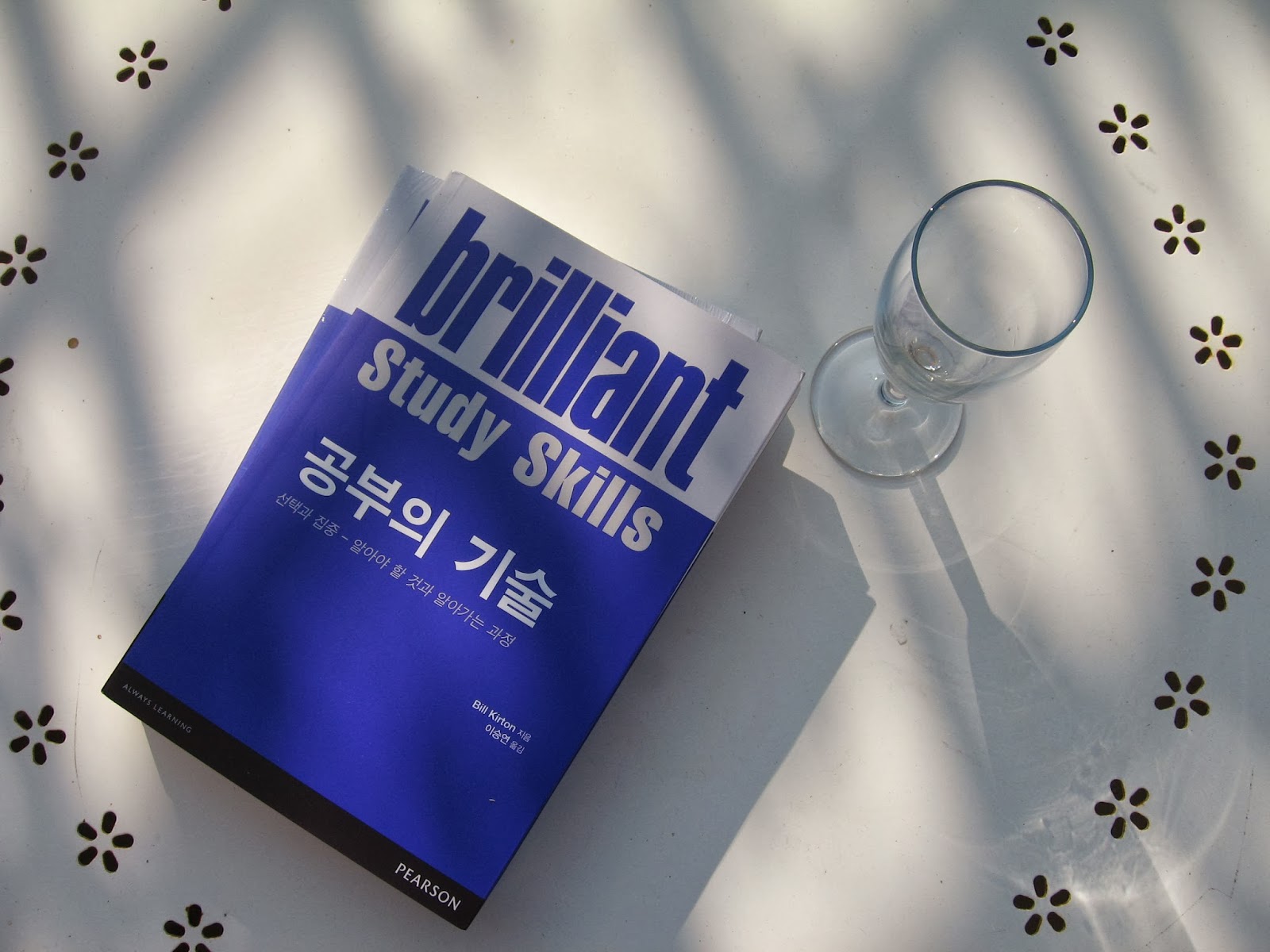Me and Sisyphus (again) by Bill Kirton
 |
| This is book in question... |
My WIP is crawling along
so slowly that I got to thinking about word counts and just how long it can
take to write a novel. And I remembered a blog I’d written a couple of years
back. I’m a believer in recycling and it’s relevant, so this is a rewrite of
it. I’d just finished the first draft of a book about Study Skills for Pearson.
On the basis of other things I’d written for them, they reckoned I was just the
bloke to rewrite it for a different market from the one in which it was already
operating very successfully. I had a meeting with the publisher and we agreed
on a 145,000 word target. (Well, he said the number and I rather weakly nodded
confident assent.) That was in September and my impression was that it was to
be delivered the following Spring.
But when I got home from London
It was a strange
experience. It’s the longest book I’ve ever written but it was written in the
shortest time I’ve ever taken. I had to put everything else aside which, at
first, made me resent the fact that it was taking over everything but which, in
the end, was sort of comforting. As the chapters piled up it gave the
impression of purpose, progress, even meaning, for God’s sake. But don’t worry,
those of you who’ve got used to me insisting that nothing has any significance;
my fundamental lack of belief hasn’t altered. At times I did think of Sisyphus,
but in my case, when I sat down to the next session each day, the stuff I’d
already done hadn’t disappeared. (While I’m at it, I need to rethink my whole
Sisyphus attitude, too. I mean, I know his acceptance of the futility of what
he was doing was a fine example of the indomitability of the human spirit and
stuff, but surely the best response to knowing that the bloody rock was going
to end up back at the bottom every time should be ‘Sod it’ and go off for a
pint. That’s real humanity.)
 |
| ...and this is the Korean translation (tee hee). |
Anyway, so I started work
around 8.30-9 a.m. each day and stopped around 5.30-6. At first, as I said, I
resented giving up the time but, as I got into it, it became one of those
experiences where you start writing and everything (including self) disappears.
In a way, you become the words. When you’re writing fiction, it’s different.
Because you’re with the people in your story, interacting with them, recording
what they do – but this was a book of advice. I wrote in a loose,
conversational style, addressing the advice directly to the reader ‘You’ll find
that …’, ‘If you start by …’, ‘Then give yourself a reward …’ – that sort of
thing. But the person doing the addressing, while it was me and I was drawing
on my own experience as well as the excellent material in the original book,
was a sort of construct. I became a writing machine.
So, what conclusions do I draw from it all? Well, for a start, the text looks much more interesting in Korean. But also, I can play statistics. For example –
the 110,508 words were written in 29 working days, which is 3810 a day or 448
an hour. But the further you take this, the worse it gets. In the end, it means
I was writing just 7 words a minute. 7 words a minute! That’s crap. It’s hardly
writing at all. I just timed myself as I
was writing this to prove it and, even with correcting typos, I can easily
manage 50+ words a minute. So all it proves is that I’m a lazy bugger. In
theory I should have been able to write that book in 2.9 days.
Comments
Oh Cally, the threat of imminent meaning. What a dreadful idea. But I do like your author/writer distinction. In fact, it strikes me that that might make an interesting blog, one to which we could all contribute. The challenges of each role are so different.
Yes, mad, you’re right, my ‘7 words a minute’ is totally artificial and doesn’t leave space for pencil-chewing, staring emptily out of a window and all those other things that real writers do.
Nice point about the ‘doing some good’, Dennis. I recently got a tweet from someone who said my book on writing dissertations had just ‘saved his life’.
Chris, I think you may just have invented the latest literary movement – ‘the random novel’ or ‘le roman trouvé’. Each work must be exactly 110,000 words long and use each letter on the keyboard an equal number of times (and perhaps be set in Montrose).
Catherine, I’m not sure I could write that much based purely on my own research. You speak of your Gigha experience as carrying some ‘misery’ but I bet there was also great satisfaction in meeting the various challenges.
Lee, the alternative to changing universes might be to move to Neptune. Apparently, a month there lasts 412 days.
Lydia, I agree with you on the word count thing. On the other hand, I find that, when fiction’s going well, it’s sometimes hard to keep up with the flow.